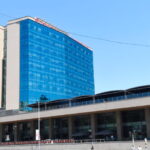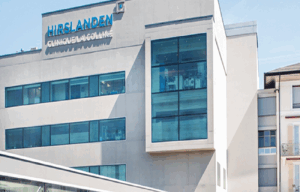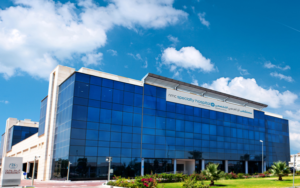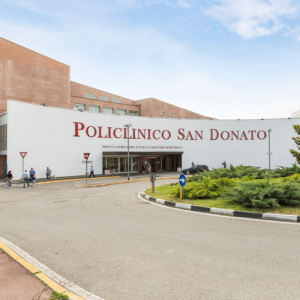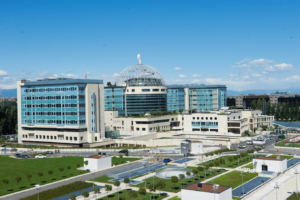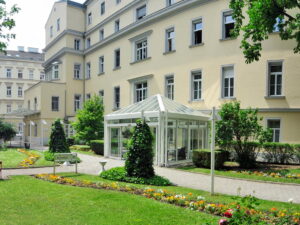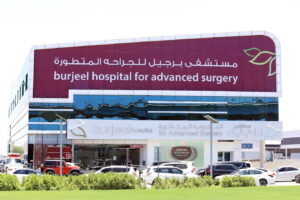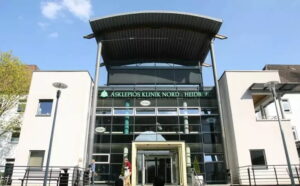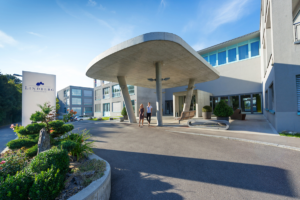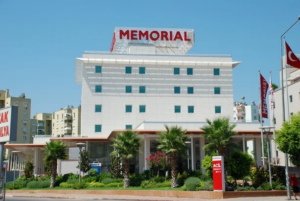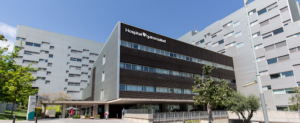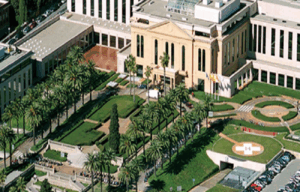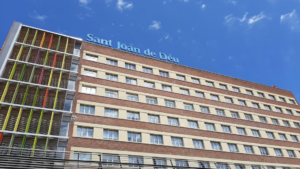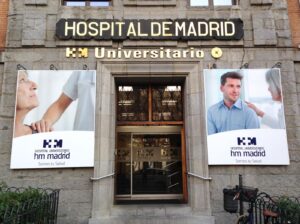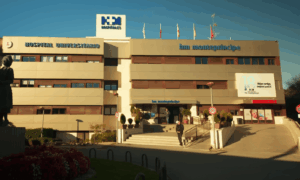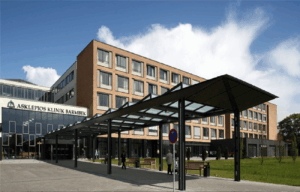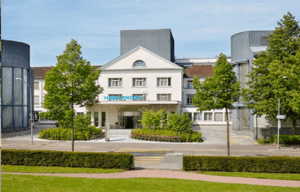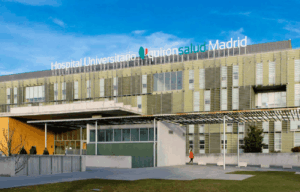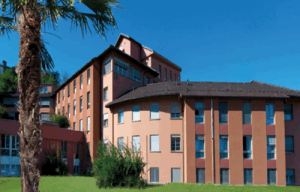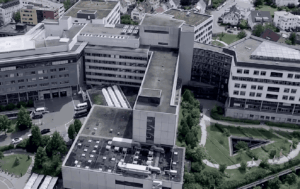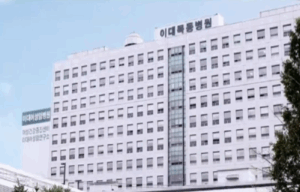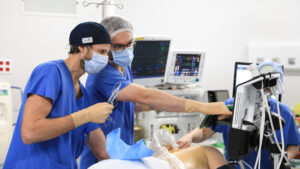Oncology
Cancer is a general term for a group of diseases characterized by the uncontrolled division of the body’s cells, resulting in the formation of a malignant tumor capable of affecting various organs. Oncological diseases are among the leading causes of mortality worldwide. Each year, cancer is diagnosed in approximately 18 million individuals. According to the World Health Organization (WHO), around 5 million of these cases could have been detected earlier, which would have enabled treatment at an earlier stage and significantly improved its effectiveness.
For example, cervical cancer is one of the most dangerous conditions among women. If diagnosed at an early stage, the 5-year survival rate is approximately 93%. However, if detected late, this rate drops to 15%. This highlights the importance of regular medical check-ups and attentiveness to our own health. At the appearance of any alarming symptoms, it is crucial to consult a doctor without delay.
When should you consult an international oncologist?
If cancer is suspected:
“Second opinion” consultation
When there is uncertainty regarding the diagnosis or treatment plan, a consultation with an international specialist becomes essential. Such experts can recommend additional diagnostic procedures and provide a conclusive assessment.
Oncological screening and genetic testing for hereditary predisposition
If there is a family history of cancer, particularly among close relatives (parents, siblings), the individual is considered to be at high risk for developing malignancies. Genetic testing can definitively determine the presence of oncogenic mutations in the body.
Another preventive approach is a comprehensive oncological check-up. Routine screenings are recommended for all individuals, regardless of symptom presence or genetic predisposition.
- For men and women under the age of 35 — every 2-3 years
- After the age of 35 — annually
If cancer has already been diagnosed:
Rare or treatment-resistant cancer types
Patients diagnosed with rare or resistant malignancies require a highly personalized approach and, at times, modifications to standard treatment protocols. Leading clinics across Europe and globally are prepared to take on complex cases and offer treatment even in the most difficult situations.
Advanced-stage cancer diagnosis
Advanced-stage cancer is one of the most common reasons patients turn to European clinics. Since many cancers remain asymptomatic for extended periods, they are often discovered only in the later stages. In such cases, urgent and comprehensive diagnostic evaluation of the entire body is necessary, followed by the immediate initiation of anti-tumor therapy. It is important to emphasize that timely treatment at major oncology centers in Europe can significantly improve prognosis and quality of life.
Access to innovative treatments and clinical protocols
International clinics provide access to the latest therapeutic methods, including targeted therapy, immunotherapy, and proton therapy, which may not be available in the patient’s home country.
What innovative diagnostic and treatment methods are included in international oncology protocols?
Liquid biopsy is a non-invasive diagnostic technique that detects circulating tumor cells or DNA fragments in the patient’s bloodstream. It is used for monitoring disease progression, detecting recurrence, and evaluating treatment effectiveness. Oncologists also track genetic mutations through this method, allowing them to adjust therapy according to the tumor’s evolving characteristics.
CAR-T cell therapy (Chimeric Antigen Receptor T-cell therapy) involves modifying a patient’s T-cells in a laboratory to recognize and destroy cancer cells. The engineered cells are then reinfused into the patient, where they actively target and attack malignancies. This therapy has shown high efficacy in treating certain types of leukemia and lymphomas, particularly in patients who have not responded to other treatments.
Virotherapy is an advanced cancer treatment based on the use of oncolytic viruses, which selectively infect and destroy malignant cells without harming healthy tissue. Additionally, virotherapy stimulates the immune system, aiding it in fighting the tumor. Virotherapy may be used alone or in combination with chemotherapy and radiotherapy. Effective virus-based medications have already been developed for the treatment of melanoma and mesothelioma, and clinical trials are underway for using this method in glioblastoma therapy.
Proton therapy is a type of radiation therapy that uses proton beams instead of X-rays to irradiate tumors. Protons have the unique ability to deliver maximum radiation dose directly to the tumor, minimizing exposure to surrounding healthy tissues. This method has proven particularly effective in pediatric oncology and in the treatment of inoperable tumors. Proton therapy reduces the risk of complications and helps improve patients’ quality of life.
Where to seek specialized cancer care?
| Countries | USA | Germany | Turkey | Israel |
|---|---|---|---|---|
| Diseases | Breast cancer Lung cancer Leukemia Lymphoma | Prostate cancer Pancreatic cancer Gastric cancer | Breast cancer Melanoma Colorectal cancer | Lung cancer Breast cancer Prostate cancer Pancreatic cancer Melanoma Leukemia Lymphoma |
Diseases
- Liver cancer
- Lymphoma
- Leukemia
- Lung cancer
- Prostate cancer
- Bladder cancer
- Kidney cancer
- Adrenal cancer
- Testicular cancer
- Laryngeal cancer
- Esophageal cancer
- Stomach cancer
- Intestinal cancer
- Pancreatic cancer
- Breast cancer
- Ovarian cancer
- Cervical cancer
- Thyroid cancer
- Glioblastoma
- Retinoblastoma
- Osteosarcoma
- Rhabdomyosarcoma
- Neuroblastoma
- Nephroblastoma (Wilms Tumor)
- Melanoma
Procedures
- Immunotherapy
- Virotherapy
- CyberKnife
- Radiation therapy
- Chemotherapy
- Targeted therapy
- HPV vaccination: Gardasil, Gardasil-9
- Oncology check-up
- Skeletal scintigraphy
- Hyperthermic intraperitoneal chemotherapy HIPEC
- Radioiodine Therapy
- Bioidentical hormone replacement therapy
- Da Vinci robot
- Breast reconstruction
- Intraoperative radiation therapy INTRABEAM
- HIFU ablation
- CAR-T therapy
- Radioembolization
- Bone marrow transplantation
- Transurethral resection (TUR)
- PSMA PET-CT
- PSMA therapy with Lutetium-177 (Lu-177)
- Water vapor ablation
- BCG vaccine immunotherapy
Artificial intelligence in oncology
One of the key applications of artificial intelligence in oncology is in the field of diagnostics. AI is capable of analyzing medical imaging (X-rays, CT scans, MRIs) with exceptional precision. For instance, neural networks can detect microscopic tumors that may be invisible to the human eye, thus facilitating early-stage cancer detection when treatment outcomes are most favorable.
Moreover, AI can analyze genetic testing data and biomarkers, helping to identify cancer predispositions and assess the risk of disease development.
In leading clinics, AI serves as a tool supporting the doctor, helping prevent errors, automating routine tasks, and accelerating the delivery of medical services. The “dialogue” between an international doctor and AI reflects their high level of expertise, clinical experience, and commitment to modern science.
Hospitality Medservice is your trusted partner in finding the best clinic worldwide. Our website features only authoritative medical institutions equipped with modern facilities and the latest treatment protocols. Compare clinic ratings and treatment costs, learn about the specialists and contact us for assistance in:
- arranging medical trips
- scheduling in-person consultations
- organizing video consultations
- obtaining a “second opinion”
Submit a request on our website, and one of our medical coordinators will contact you promptly.





